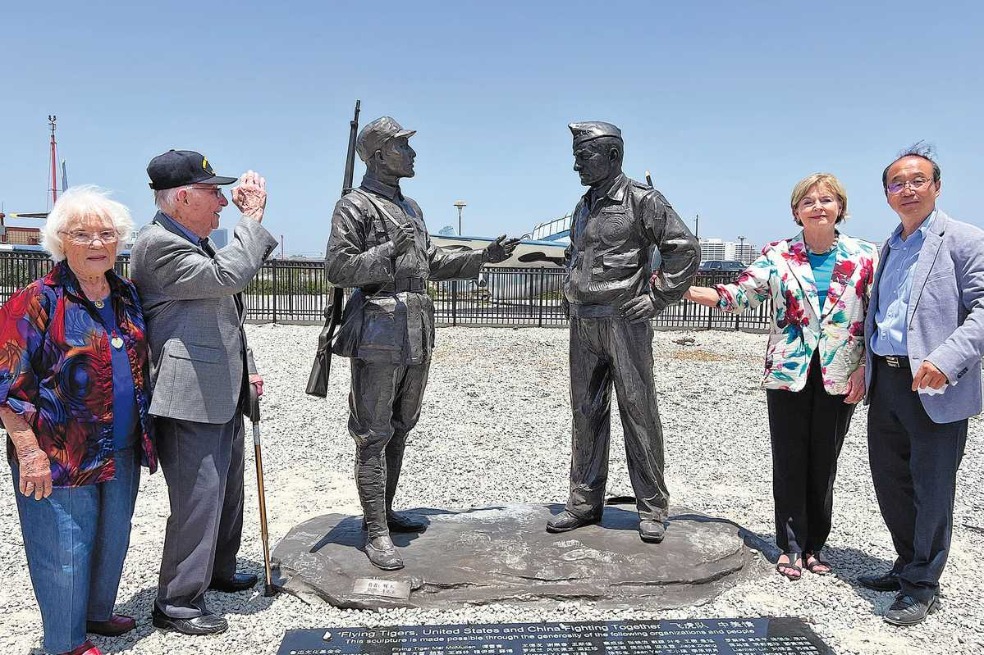Packed US hospitals struggle with staff, bed shortages amid pandemic


In the United States, hospitals at overcapacity in several states that have run out of beds are sending their COVID-19 patients hundreds of kilometers away to other states for treatment.
The surge in the Delta variant, combined with low vaccination rates, has pushed hospitals close to breaking point in many states, with many patients scrambling to find beds.
At a CoxHealth hospital in Springfield, Missouri, healthcare employees are treating patients from as far away as Alabama.
"Just imagine not having the support of your family near, to have that kind of anxiety if you have someone grow acutely ill," said Steven Edwards, CEO of Cox-Health, to The Associated Press.
Hospitalizations are on the rise in the US, with more than 85,000 COVID-19 patients being treated across the country, according to the latest data from The New York Times.
Unlike the winter surge, hospitals this summer were already strained because emergency rooms were back to pre-pandemic levels with patients catching up on the care they had postponed, according to the AP.
In western Pennsylvania, a 14-hospital system headquartered in downtown Pittsburgh has been fielding a surge in transfer requests from physicians in states, including Oklahoma, Florida and North Carolina, where coronavirus cases and deaths are proliferating.
In Arizona, a special COVID-19 hotline is receiving frantic phone calls from hospitals in Arkansas, California, Texas and Wyoming that need to find beds for patients, reported the AP. Many times, there is no place to send people.
"We just can't get them out," said Dennis Shelby, CEO of the Wilson Medical Center in Neodesha, Kansas.
Small rural hospitals in Kansas wait an average of nearly 10 hours to have their patients be flown somewhere else, according to Motient, a company contracted with the state to help manage transfers.
Officials at a 15-bed hospital in Kansas called 40 other medical centers in several states to find a bed for a COVID-19 patient. They found one about 350 km away.
Dire consequences
The delayed transfers can have dire consequences for patients, especially those who urgently need to see specialists or have urgent health concerns such as a heart attack or stroke.
"Imagine being with your grandma in the ER who is having a heart attack in western Kansas and you are saying, 'Why can't we find a bed for her?'" said Richard Watson, the founder of Motient.
Even if hospitals have beds, they may lack the staff to care for more patients, after pandemic-fatigued doctors and nurses walked away.
"We just opened 144 new patient beds in our university hospital. But parts of the floors are not open yet because we don't have the staffing," said Dale Bratzler, the University of Oklahoma's chief COVID-19 officer, to Business Insider.
More than 1 million Americans received a dose of the COVID-19 vaccine on Thursday, a benchmark the nation has not met in nearly seven weeks amid a pandemic resurgence.
Ai Heping in New York contributed to this story.

































